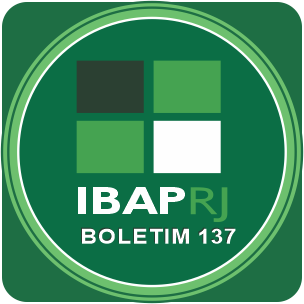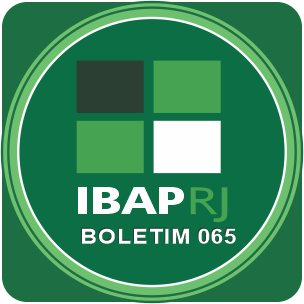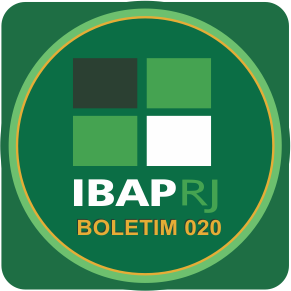This paper proposes an analytical and empirical shift to identify the meanings that state actors mobilize regarding social participation. It innovates by focusing on the perceptions of bureaucrats about participatory institutions and by proposing the dialogue between two sets of literature: the approaches of Participatory Institutions (PI) and of the Sociology of Public Action (SPA). From the former, it takes up the debate on the meanings of participation, while from the latter it takes on an understanding of bureaucrats as actors who mediate between the state and society and of the role of interaction in defining state action. It carries out a case study in the middle-echelon bureaucracy of the National Secretariat for Social Assistance, covering the period of political-institutional changes after the presidential impeachment. The main technique is qualitative and content analysis of 44 semi-structured interviews with DAS 04 and 05 bureaucrats. It concludes that there are multiple meanings of social participation among bureaucrats, influenced by attributes such as professional and management links, subnational experiences in politics and PIs, and academic background. It identifies a gradual decrease in the relevance of non-state actors for decision-making and the redefinition of participation as listening, which becomes both formal and uninterested.
Leia o artigo de Denise do Carmo Direito e Debora Rezende de Almeida em https://www.scielo.br/j/bpsr/a/cJJkLcxJ5dgnxghJ7XSkD6y/?format=pdf&lang=en







